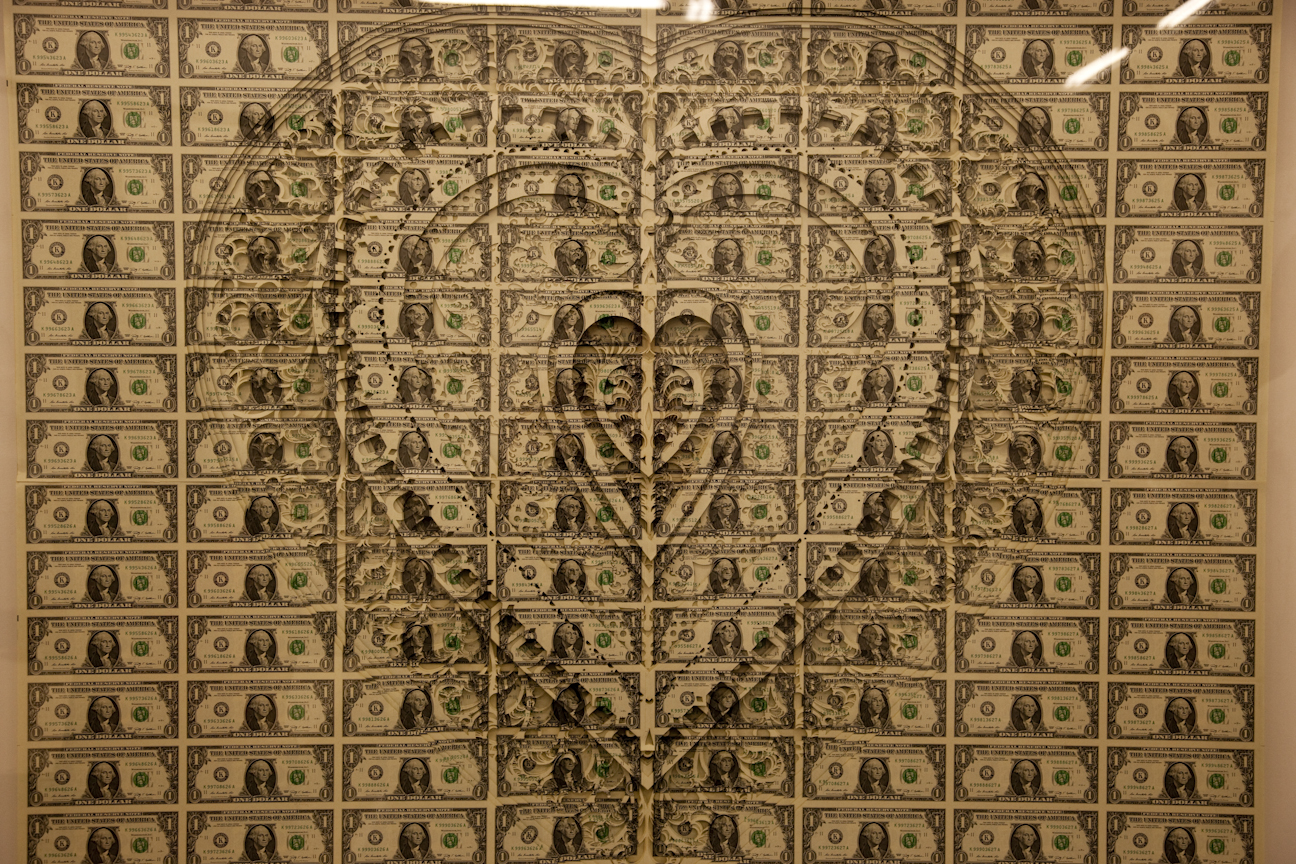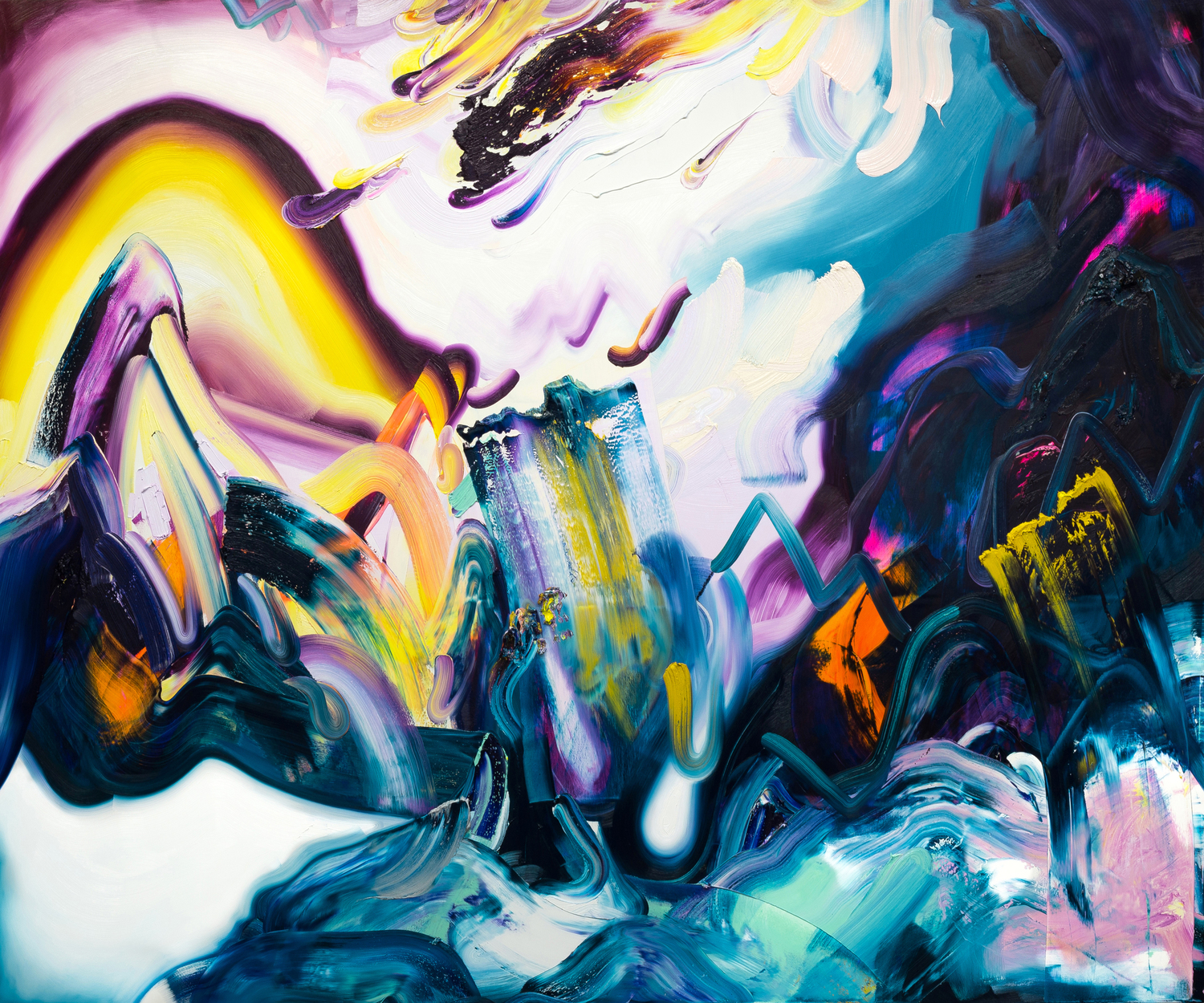By Randy Gladman
I’ve resisted attending the annual art carnival that is Art Basel Miami Beach since my last excursion in 2003. From that trip, during the convention’s second iteration, all I remember is a blur of expensive cars, beautiful women at exclusive parties in boutique South Beach hotels, and an ocean of vodka. (Some figments also remain of a moment when I posed as film director Wes Anderson in order to successfully Jedi mind-trick my way past security into the Visionaire party at the Raleigh Hotel; but that’s a story for another blog posting.) What I don’t remember from that first trip was what I went there for in the first place: the art.
The problem with these kinds of art super events, such as the Armory show in New York and Frieze in London, is that you are bombarded with a tsunami of art, all at once, and none of it is contextualised. Whereas the biennial-type events in cities such as Venice, São Paulo and Istanbul and are curated and seek to provide a cohesive and critical social commentary, art fairs (and the dozen-odd simultaneous outrigger fairs that attend them, such as NADA, Scope, Seven and Pulse) make no conscious, intellectual effort; they don’t even pretend to. Instead, they are flea markets for millionaires and billionaires. This is where buyers and sellers of this most expensive of commodities come together to transact; it doesn’t leave much nectar for critics and curators like me to be nourished.
But by the end of the second day of this year’s Art Basel Miami, I realized I was wrong; there actually is a lot more to this event than just an art superstore writ large. Though this Dionysian art extravorgasm is still squarely targeted at that fine layer of society with enough money to burn — those extra people who have extra homes and extra cash — there is a massive, vital, literate, sophisticated series of critical contemporary art events, surprises and happenings going on as well. It turns out this experience is also truly relevant for those of us not arriving with shopping lists.
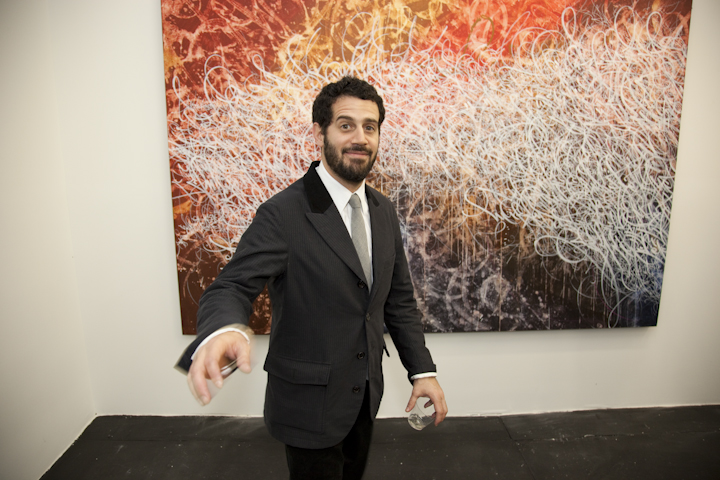
Pop-up shows by OHWOW Gallery and Jonathan Levine Gallery, both appearing in Wynwood for the run of the festival, are excellently raucous examples of the kind of energetic satellites that make this whole event fizz. These exhibitions included exciting next-generation stars such as KAWS, DALEK, Rob Lazzarini, José Parlá, Rey Parlá, Barry McGee, Phil Frost, Invader, and Shepard Fairey, all artists that possess cross-over appeal into contemporary culture. Ryan McGinness’s “Women: The Blacklight Paintings” exhibition and party at the seedy Club Madonna strip club also offered a kind of dynamic interaction with city of Miami itself, an aspect the fairs largely neglect.
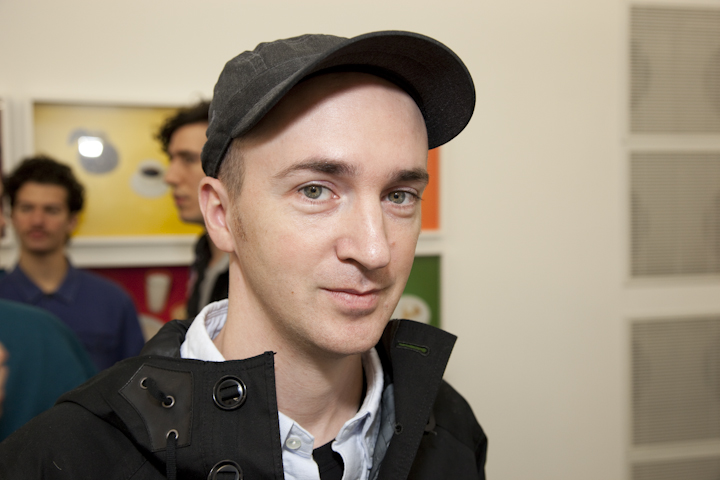
A highlight of the entire festival weekend was watching the soaking-wet fashion model, Entourage guest star, and international table-tennis champion Sooyeon Lee at Susan Sarandon’s “Art Stars Ping Pong Tournament”. Dressed in a blue sparkling evening gown with no shoes and cheered on by over 200 party-goers lucky enough to be poolside, Sooyeon dominated a game of ping pong at a table set up inside the shallow end of the Delano Hotel’s pool. The result was performance art at its finest.
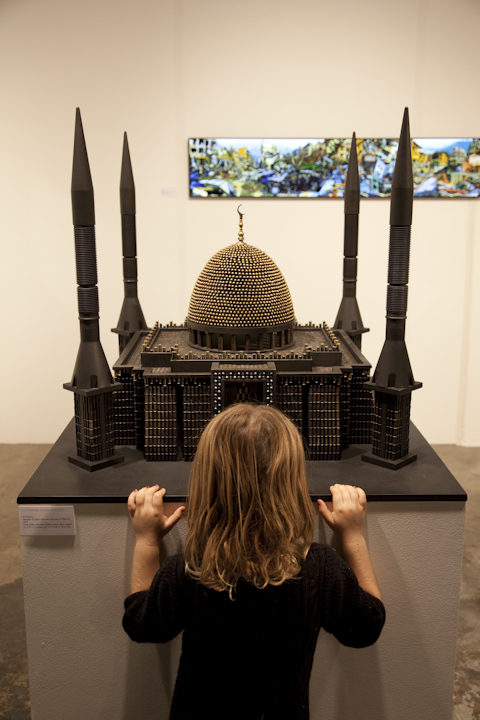
The main Art Basel fair in the Miami Beach Convention Centre is fantastic and important, for sure, but it is only interesting if artists must already have a blue-chip stamp of approval for you to notice or care about them. The artists showing with the top galleries involved with this main fair are already “made”, in the mafia sense of the word; they are untouchable, their contribution to contemporary culture beyond reproach and debate. As a result, there is a stuffiness to this main event; sponsored by a global bank, it feels like a corporate event. What I value now is the way this centerpiece functions as the sun to in entire solar system of smaller planetary events that cut spinning routes throughout Miami; though it is too hot (and expensive) to be cool and exciting, the central fair is the bright star that gives gravity to the week’s ancillary events.
By Randy Gladman. Originally published in the Financial Times of London’s How To Spend It, December 7, 2010.
